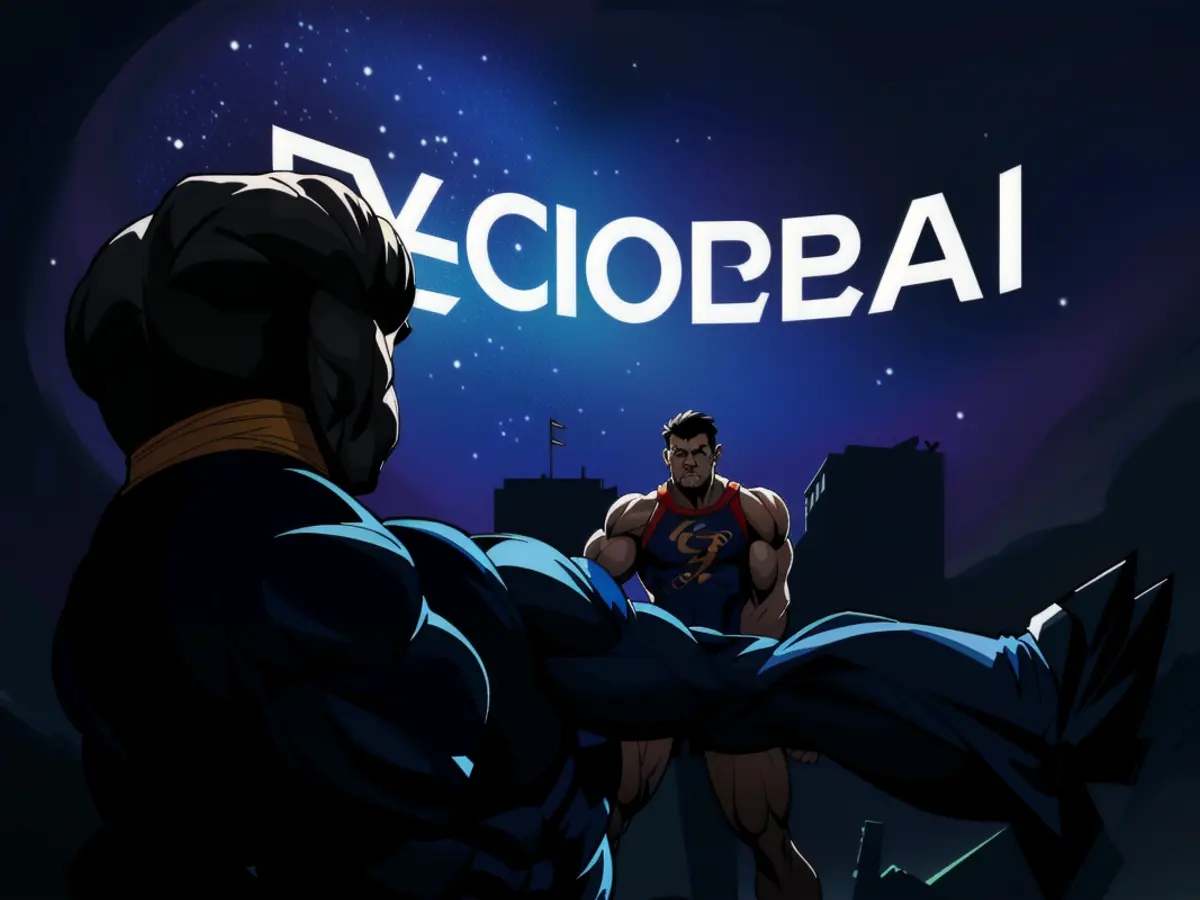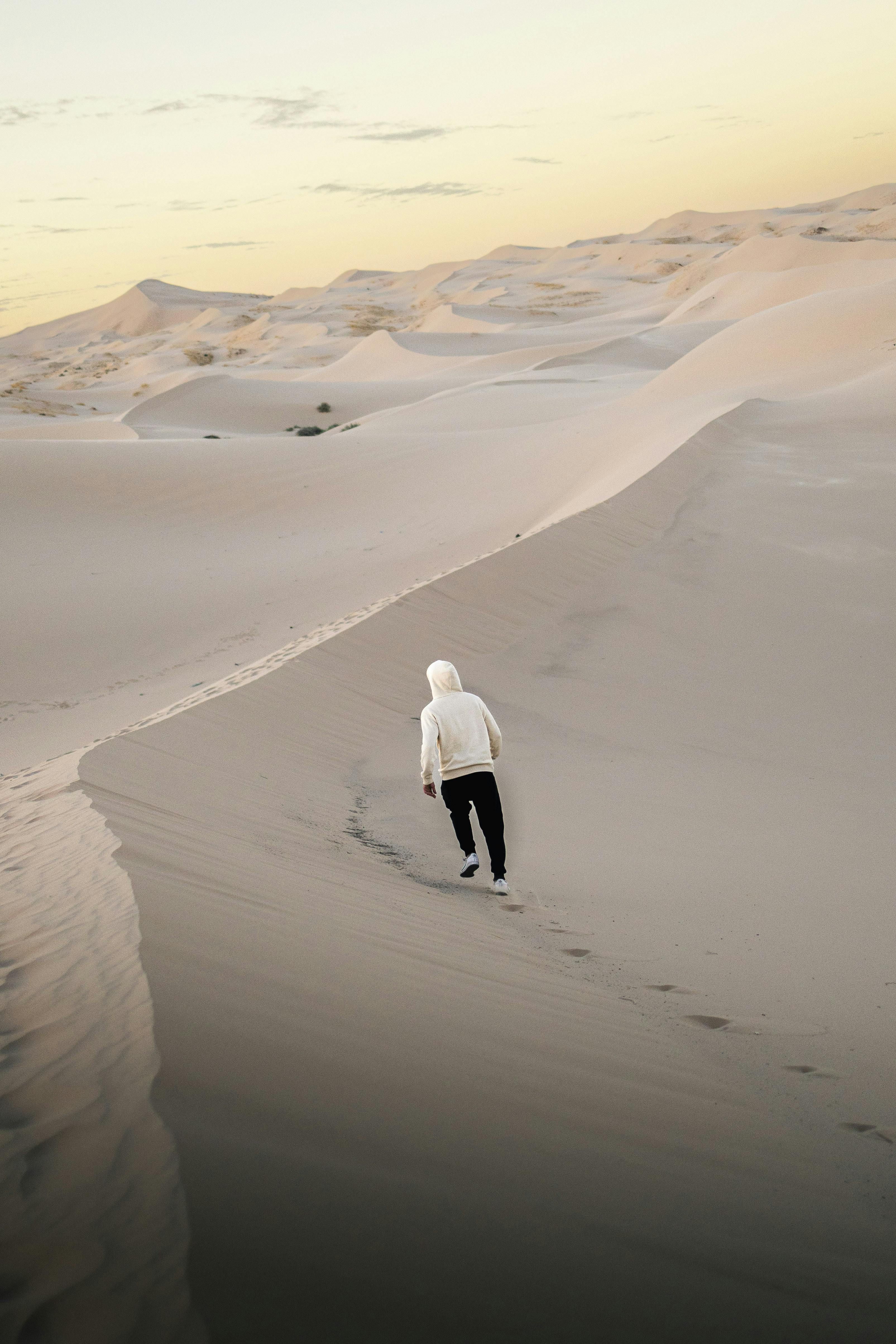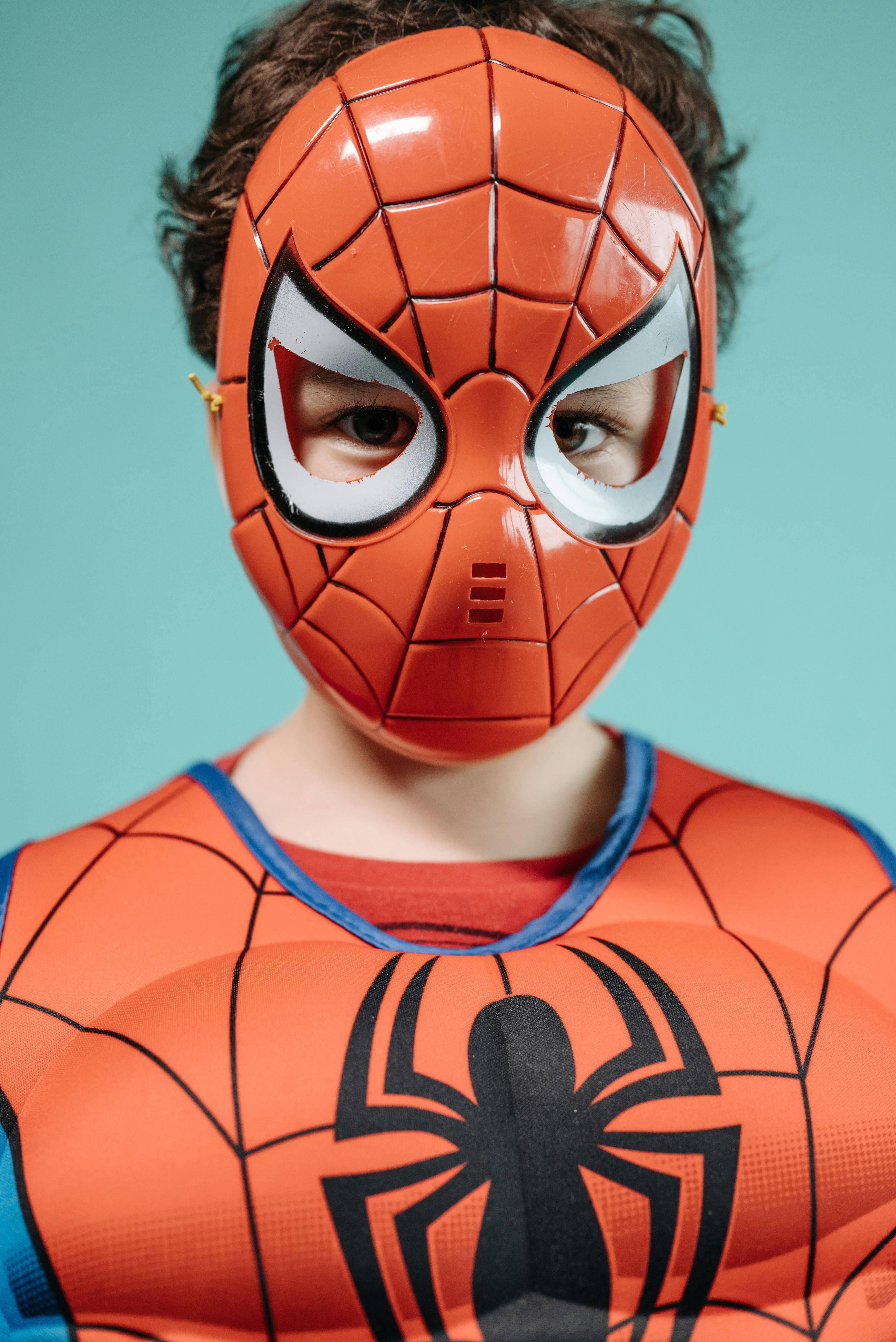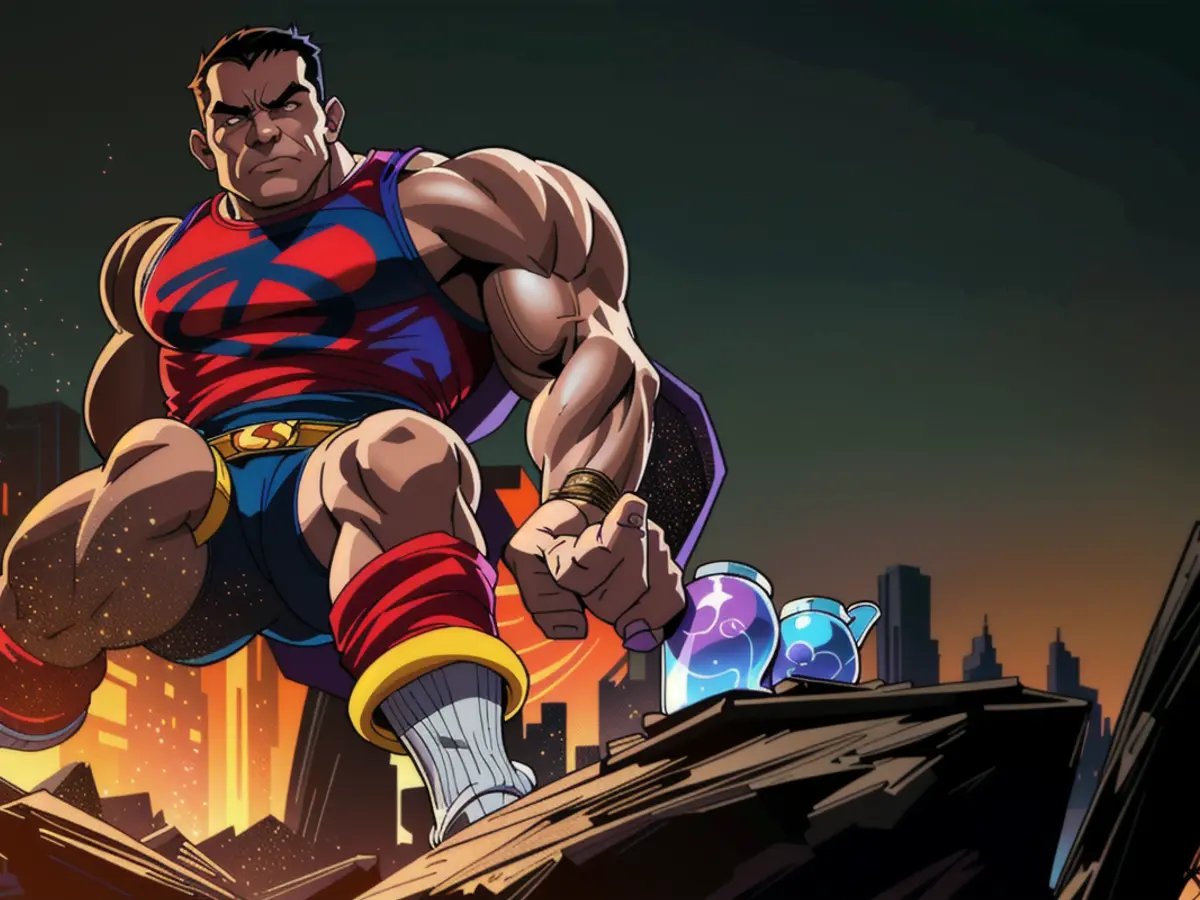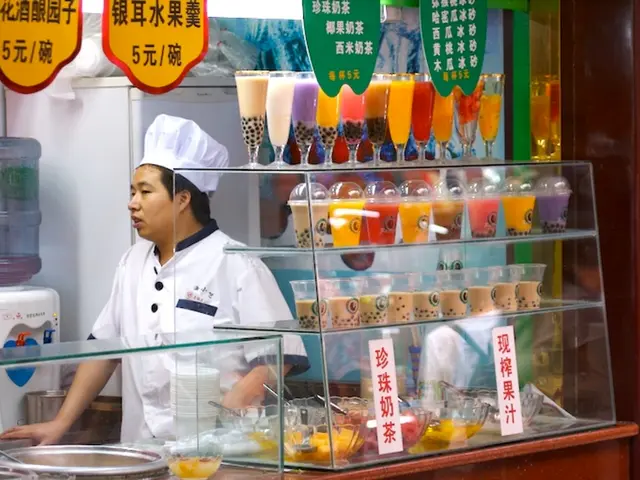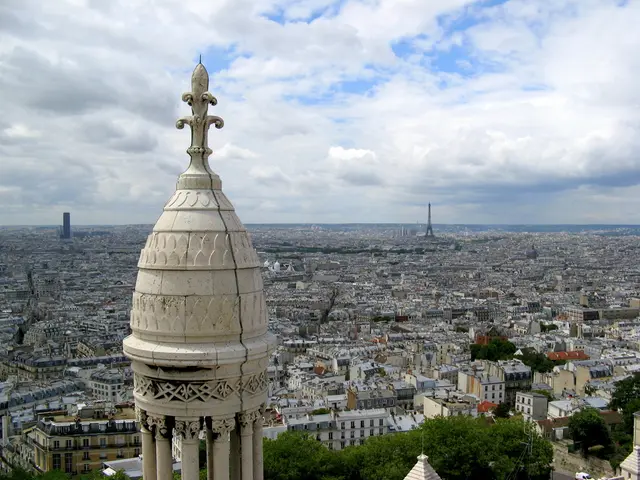In the copyright case, the court ruled in favor of OpenAI, determining that no substantial harm was proven.
In a recent turn of events, OpenAI emerged victorious in one of several legal battles it's engaged in, pertaining to the unauthorized use of copyrighted material for the development of its AI products, like ChatGPT.
A federal judge in the southern district of New York abandoned a lawsuit lodged by two media outlets, Raw Story and AlterNet. These outlets accused OpenAI of breaching copyright law by intentionally stripping off copyright-related details, such as article titles and author credits, from the content they incorporated into their training datasets.
OpenAI submitted a motion to dismiss the case, contending that the complainants lacked the standing to sue due to their failure to prove any tangible harm to their businesses caused by the removal of copyright-related details. Judge Colleen McMahon concurred with this viewpoint, casting off the lawsuit but keeping open a window for the complainants to file an updated complaint.
OpenAI and various other AI generative companies are facing numerous copyright lawsuits initiated by news outlets, book publishers, artists, and record labels.
The lawsuit brought forth by Raw Story and AlterNet deviated from the majority of these lawsuits as it centered around a specific provision in the Digital Millennium Copyright Act (DMCA). This provision prohibits the removal of copyright-related details from a work to facilitate or conceal copyright infringement.
The outlets asserted that the removal of the information alone constituted an immediate harm and generated a substantial risk that OpenAI's extensive language models would reproduce their copyrighted works word-for-word.
McMahon didn't find this argument persuasive, stating that the complainants hadn't "alleged any actual adverse effects resulting from this alleged DMCA violation."
"When a user inputs a query into ChatGPT, ChatGPT incorporates the relevant information from its repository into a response," she wrote. "Given the magnitude of information contained within the repository, the likelihood that ChatGPT will generate verbatim copyrighted content from one of the complainants' articles appears minimal."
In other lawsuits, particularly one initiated by the New York Times against OpenAI and Microsoft, the plaintiffs have accused the companies of replicating large sections of copyrighted work within their products.
The Times' complaint incorporates numerous instances of ChatGPT and Microsoft's Bing Chat responding to user prompts with multiple paragraphs of content copied directly from the newspaper's articles.
McMahon's ruling doesn't directly challenge the Times' allegations, but her judgment indicates that plaintiffs seeking victory in an AI copyright case before her will need to demonstrate not only that a generative model has reproduced certain work in the past or might do so in the future, but that its current version is actively reproducing the work.
"While Plaintiffs present third-party statistics indicating that an earlier version of ChatGPT produced responses containing substantial amounts of plagiarized content, Plaintiffs have not convincingly argued that there exists a 'substantial risk' that the present version of ChatGPT will generate a response plagiarizing one of Plaintiffs' articles," she wrote.
The tech industry is eagerly anticipating the future implications of these copyright lawsuits, as they could significantly shape the development and use of artificial-intelligence technology. Based on Judge Colleen McMahon's ruling, tech companies like OpenAI must demonstrate a substantial risk of reproducing copyrighted works in their current versions of generative models to face legal consequences.
